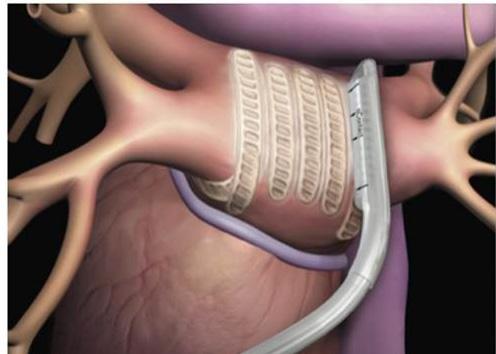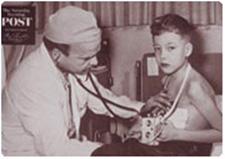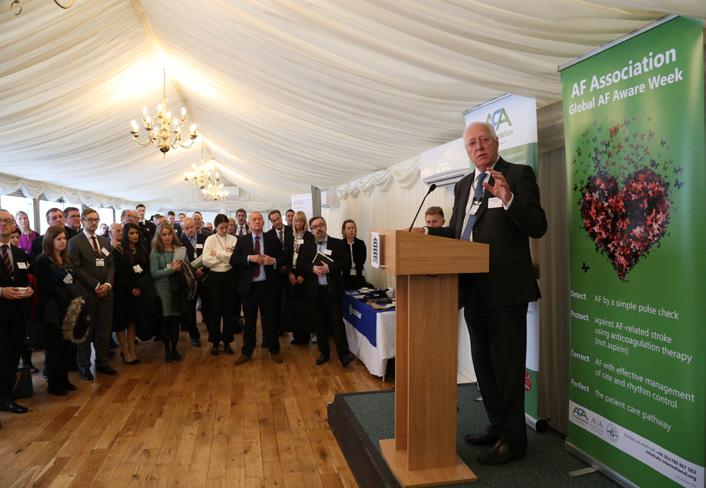Does Atrial Fibrillation (AF) cause heart failure?
or does heart failure cause AF? Dr Boon Lim, MA, FRCP, PhD
Consultant Cardiologist and Electrophysiologist Honorary Senior Lecturer, Imperial College London, Hammersmith Hospital
The answer to both questions is yes. Atrial fibrillation (AF) is the most common cardiac arrhythmia, and a strong risk factor for developing AF is the presence of heart failure. With advances in cardiovascular medicine, particularly in the effective treatment of coronary artery disease, including rapidly-treated heart attacks, the prevalence of heart failure in an aging population is increasing. There are common risk factors for development of heart failure and AF. These include ischaemic heart disease, diabetes and hypertension. However the presence of AF itself is a risk factor for developing heart failure, with a three-fold increase in HF developing in patients who have AF. Likewise, patients who are in established heart failure also have a much higher likelihood of developing AF, which in turn reduces the heart’s pumping efficiency,
13
which leads to further deterioration of symptoms of heart failure, including shortness of breath, dizziness and fatigue.
How do you diagnose AF in heart failure?
In patients with existing heart failure, development of palpitations which feel like irregular or rapid heartbeats, as well as worsening symptoms of shortness of breath or fatigue should prompt a pulse check. If you feel an irregular heartbeat, then you should suspect AF. The diagnosis of AF can be confirmed by means of a 12 lead electrocardiogram (ECG). However, some patients with heart failure also have pacemakers or implantable cardiac defibrillators (ICD). If this is the case, you should normally be able to contact your pacemaker team who perform testing on your device to check if the device shows that you are in AF. The third way you could













